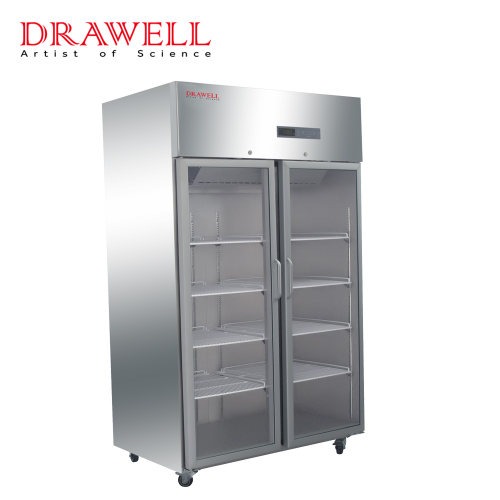Laboratory refrigerators are designed to provide exact temperature control and dependable storage for perishable samples, reagents, and other materials.
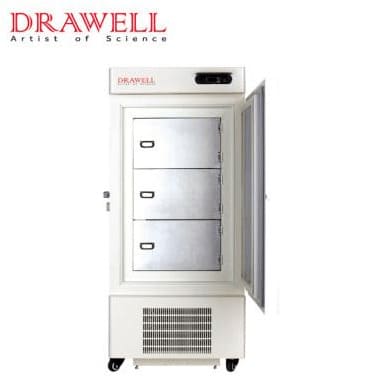
6 Importance of Laboratory Refrigerators
Lab refrigerators are essential in a variety of scientific, medical, and research settings.
1. Sample Storage
Laboratory refrigerators are specifically designed to keep a wide range of temperature-sensitive items, such as biological samples, vaccines, medications, chemicals, and other temperature-sensitive materials. Proper temperature storage is critical for preserving the integrity and viability of these samples for proper experimentation, analysis, and testing.
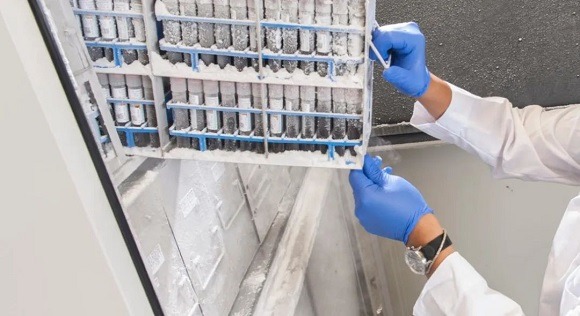
2. Temperature Control
Laboratory refrigerators provide precise temperature control, typically ranging from 2 to 8 degrees Celsius, making them ideal for storing a wide range of scientific products. Keeping samples, reagents, and other perishable objects at a constant temperature is crucial to their stability and functionality. Temperature fluctuations can cause sample degradation or loss of potency, resulting in incorrect experimental data and poor research outputs. Degradation or loss of potency leads to unreliable experimental results and compromised research outcomes.
3. Safety and Compliance
Laboratory freezers are built to tight regulatory standards and guidelines, such as Good Laboratory Practises (GLP), Good Manufacturing Practises (GMP), and other industry standards. These coolers have features like alarms, data logging, and temperature monitoring to assure the safety and integrity of samples, comply with regulatory standards, and retain traceability for audits and inspections.
4. Energy Efficiency
Laboratory refrigerators are often built with energy-saving features including low power consumption, LED illumination, and enhanced insulation to save energy consumption and operational expenses. This is especially essential in laboratory settings, where numerous refrigerators may be in operation, and energy savings can help with overall sustainability efforts.
5. Reliable Performance
Laboratory refrigerators are designed to deliver constant and dependable performance, with characteristics such as tough construction, dependable compressors, and advanced temperature control mechanisms. This guarantees that delicate samples and perishable products are kept at the proper temperature, reducing the danger of sample loss, contamination, or tainted results owing to equipment failure.
6. Sample Organization
Lab refrigerators frequently include specialized storage options, such as movable shelves, drawers, and racks, which aid in sample organization and storage space optimization. Proper sample organization enhances workflow productivity, reduces cross-contamination hazards, and allows for quick access to samples, ultimately improving laboratory operations.
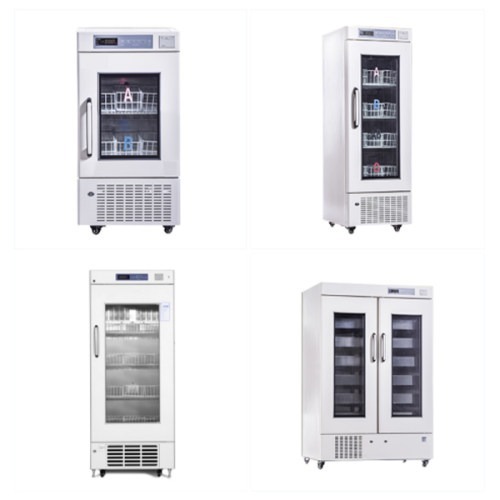
Features and Specifications of Laboratory Refrigerators
Laboratory freezers are designed with a variety of features and specifications to satisfy the specialized needs of laboratory storage.
Capacity
Lab refrigerators are available in a variety of sizes and capacities to meet a variety of storage requirements. Capacity is often defined in liters or cubic feet and ranges from small tabletop units to big upright or chest freezers with substantial storage capabilities.
Temperature Display and Control
A digital temperature display and control panel are common features of lab freezers, allowing users to monitor and modify the internal temperature as needed. Some models may also include numerous temperature sensors to provide for more accurate temperature monitoring and management.
Alarm and Monitoring Systems
Many lab refrigerators include alarms that notify users of temperature variations or other concerns, assisting in the prevention of sample loss or deterioration. For increased safety and traceability, some models may have extra monitoring devices like data loggers or remote monitoring capabilities.
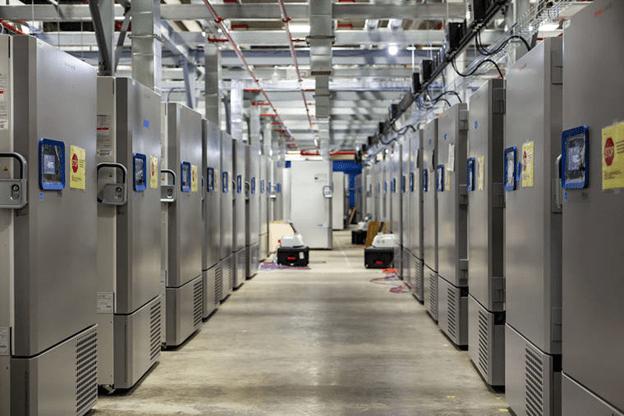
Construction and Durability
To endure the demands of laboratory conditions, laboratory freezers are made of sturdy materials such as stainless steel or high-quality plastics. They may also include solid or tempered glass doors for enhanced insulation and visibility.
Shelving and Storage Options
Adjustable shelves, drawers, or racks on lab freezers provide for versatile storage layouts to handle a variety of sample sizes and types. Some variants may also include particular compartments or storage for goods such as vials or blood bags.
Noise and Vibration Levels
Some Laboratory freezers are designed to function with low levels of noise and vibration, which is important in research or laboratory environments where a quiet environment is required to avoid interfering with sensitive experiments or procedures.
Summary
Laboratory refrigerators provide important and safe storage for sensitive samples, ensuring their integrity, viability, and safety and contributing to correct experimental results and research outcomes.


